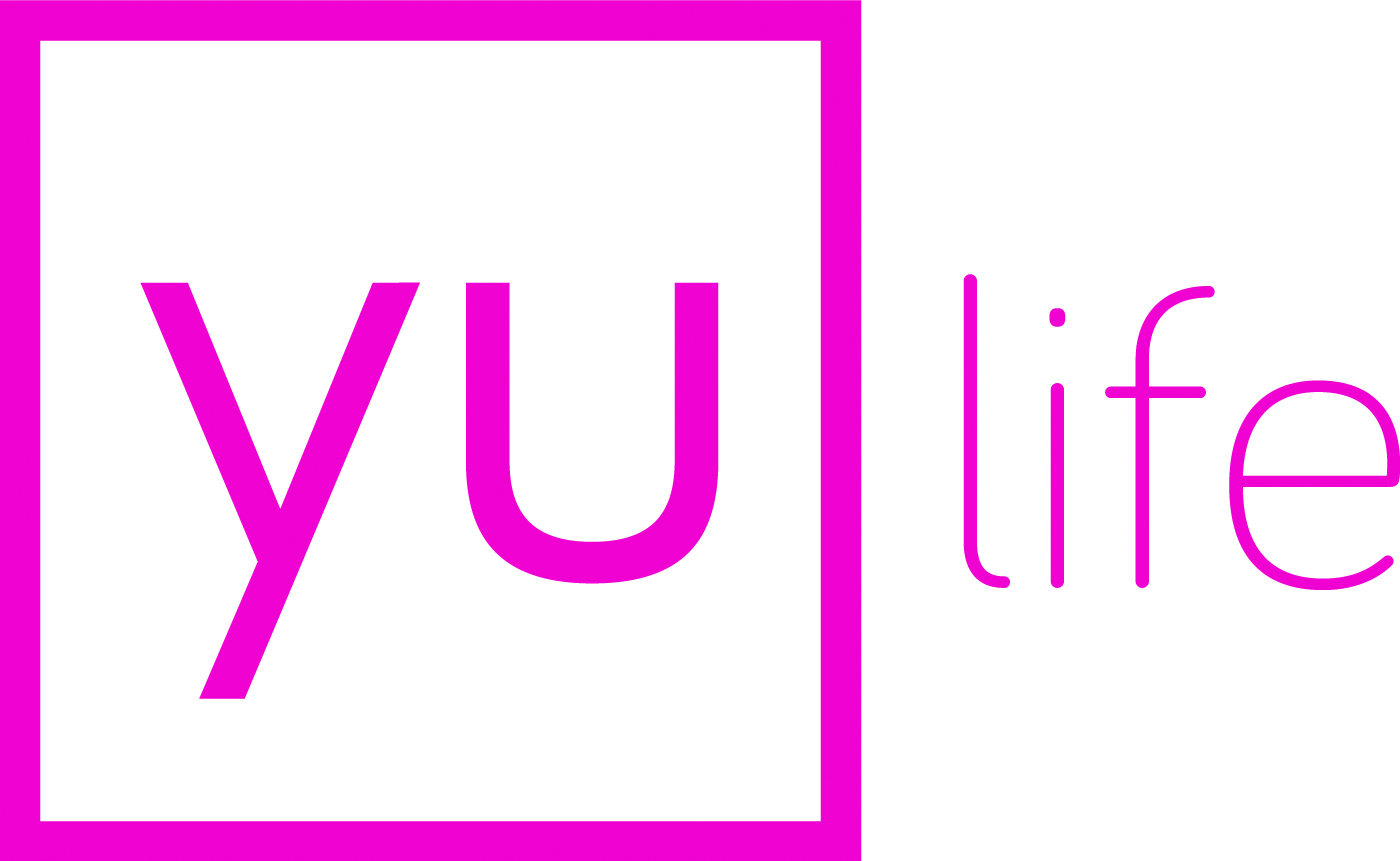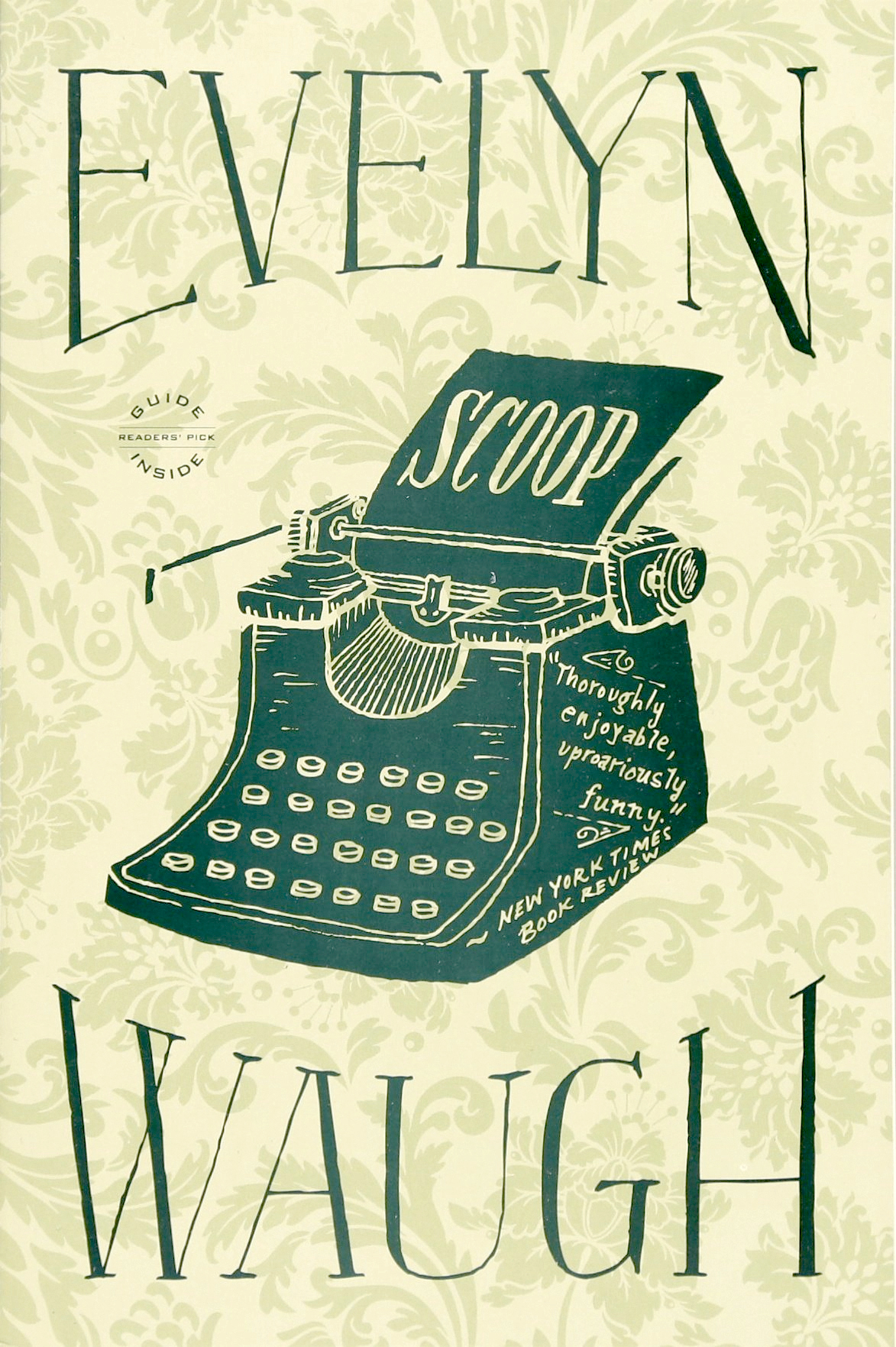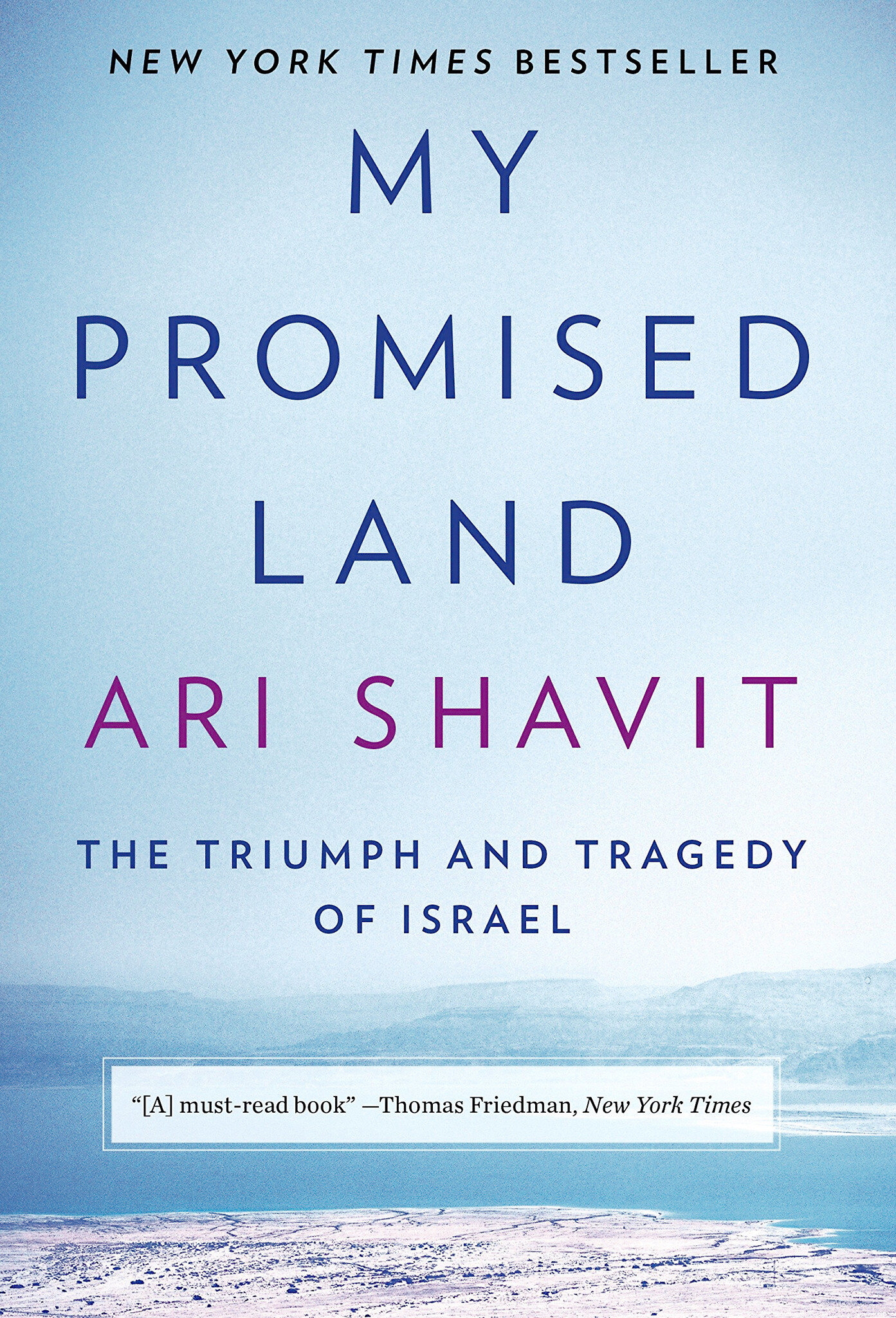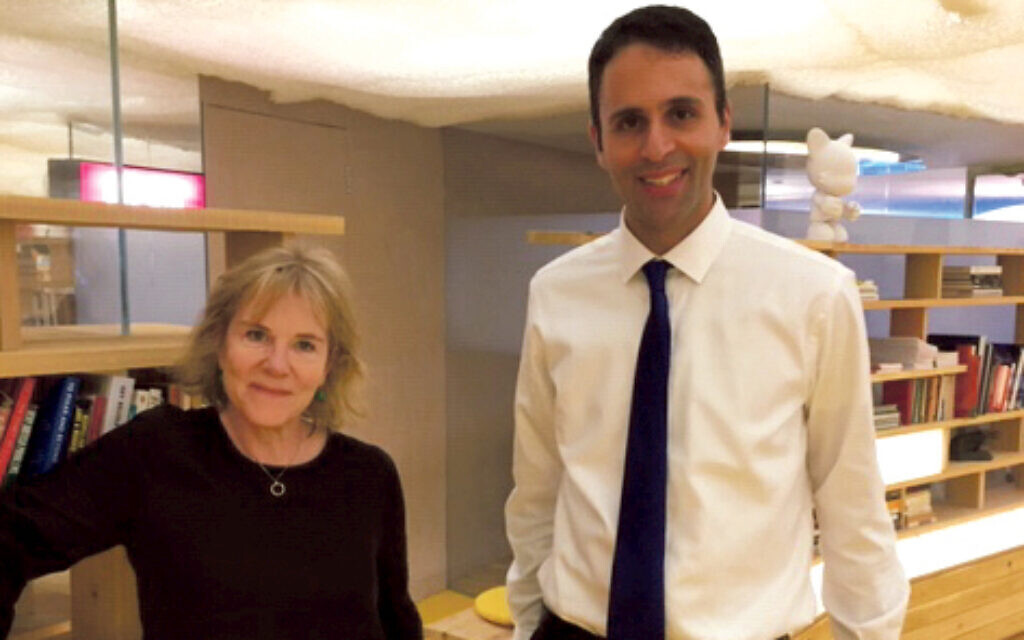Hannah Rothschild: Part my family played in Israel’s creation makes me proud
In the latest instalment of Desert Island Books Zaki Cooper talks to author, businesswoman and philanthropist Hannah Rothschild about her life, career and books that inspire her
In the latest in our series of podcasts with Jewish people who are changing the world, Zaki Cooper talks to the author, businesswoman and philanthropist Hannah Rothschild about her life, career and books that inspire her.
Hannah Rothschild is a writer, documentary filmmaker, businesswoman and philanthropist. She is a non-executive director of RIT, the family investment trust. In 2015, she was appointed the first female chair of the board of the National Gallery in London. She also chairs Yad Hanadiv, the Rothschild charitable foundation in Israel. She was awarded a CBE two years ago.
Your latest novel, House of Trelawney, has just come out. It’s about an aristocratic family in Cornwall with 800 years of history. Where did the inspiration come from for the book?
Get The Jewish News Daily Edition by email and never miss our top stories Free Sign Up

I wanted to write a book about a family and trace their history over many centuries but bring it up to date and follow them through the 2008 crash and beyond. I wanted to look at how 2008 impacted on ordinary people’s lives. Circumstances make this family very ordinary. They’ve lost all their money, they’ve lost their standing in society. Being one of those large houses, there are people who work for them who don’t have an aristocratic background. It’s a catch all and it’s obviously a long tradition in British writing where we used houses to catch all members of society and all sorts of issues.
- This interview is also available as a podcast and sponsored by yulife, life insurance that inspires life.
The first book you have selected is Scoop by Evelyn Waugh, written in 1938. Tell us why you selected that book.
 For many reasons. First, I think it’s one of the funniest books ever written. Basically a man who is a correspondent for a newspaper writing about nature is mistakenly sent to a warzone. He shares the name Boot with their War correspondent. I think Evelyn Waugh is one of our greatest British novelists. He’s funny, he’s acerbic. He turns plots inside out and upside down. If I could write like anyone, I’d want to write like him.
For many reasons. First, I think it’s one of the funniest books ever written. Basically a man who is a correspondent for a newspaper writing about nature is mistakenly sent to a warzone. He shares the name Boot with their War correspondent. I think Evelyn Waugh is one of our greatest British novelists. He’s funny, he’s acerbic. He turns plots inside out and upside down. If I could write like anyone, I’d want to write like him.
You also selected another novel from that era, The Pursuit of Love by Nancy Mitford.
One could draw parallels with your first novel, The Improbability of Love. Do you see that?
I think there are parallels in that we’re both trying to treat quite serious subjects through the veil of satire and comedy. Both books are about and women trying to find their place in the world.
Israel is a very important part of your life. You chair Yad Hanadiv, the family foundation in Israel. What does that entail?
I am obviously a non-executive chair because the charity is based in Jerusalem at the moment and it has 43 people working there. So my job is to hold the executive to account and to set strategy. But in our family we are much more involved than that. We get up close to projects and take a very close interest. So recently, for example, because of my interest and that of my cousins, we’ve done a lot more in the environment which we consider to be an incredibly important issue today. It’s a charity so closely associated with the family that we have to be involved.
Listen to a clip from the podcast:
You have a particularly significant project on the horizon
This is a project that my father initiated and should take most of the credit for. It’s to build the new National Library in Jerusalem. The family was lucky enough to build the Knesset and then the Supreme Court and this is the third major public project. As well as being the collection of books and a place to study, we hope it will be a beacon from which we can beam ideas of education, togetherness and connectivity, not just in Israel, and the region but throughout the world
One book you’ve selected in this area related to Israel is My Promised Land by Ari Shavit. Why did you choose that book?

When it came out, particularly for a lot of Jewish people living outside Israel, he encapsulated some of the thoughts, conflicts and misunderstandings that we had. What he does so brilliantly in that book is take this mosaic of feelings and events and knit them together. He doesn’t shy from difficult subjects. He tells it often through the prism of individual stories so it’s very readable, very personal. At the end I thought I understood the country so much better thanks to his lens.
It’s a country you visit regularly
At the moment, I am going between five and ten times a year. I don’t see that changing. I’ve got a lot of catch-up to play. Now that I’ve got this extraordinary role as chair of Yad Hanadiv, I feel that I’ve got to learn and visit every corner.
Listen to a clip from the podcast here:
Another book you chose is Apeirogon by Colum McCann, which is about to be published. Tell us why
I was sent the manuscript by my publishers and totally gripped. It’s the story of two fathers, one Israeli, one Palestinian, who both lose their daughters. Through their incredible grief and loss, they come together and become friends. They feel they need to tell their story and the story of their daughters and the story of their people over and over again. It’s a novel but these two men are alive and kicking. Any book which helps one understand a conflict through individual stories and engages emotionally has to be taken seriously.
You are from one of the most famous Jewish families in the world. What does that Jewish heritage mean to you?
It has meant very different things at very different stages of my life. When I was much younger and because I grew up in Britain, it was a rather confusing heritage because I didn’t know enough about that heritage, Judaism or Israel. I was brought up in a secular household and so felt almost if something had been foisted on me if that doesn’t sound too awful. Nevertheless there was a creeping sense of pride because I also understood quite early on about the part my family had played in the creation of the State of Israel. Then, as I got older, and I learned more about the country, that pride grew.
I also understood quite early on about the part my family had played in the creation of the State of Israel. Then, as I got older, and I learned more about the country, that pride grew.
One other book you chose is The Neapolitan Series by Elena Ferrante. Why do you like it?
It’s a sweeping, four-part book about two little girls in Italy and then it follows their histories, up to the 1970s. You learn about Italian history, family life, intellectual life. What holds it all together is the relationship between these two women at the centre. I am particularly interested in female friendship and it’s one of the themes of the House of Trelawney. Can you live with it? Can you live without it? Why is it important? Elena Ferrante certainly inspired me looking at that.
Hannah Rothschild’s top page turners:
- Scoop by Evelyn Waugh
- The Pursuit of Love by Nancy Mitford
- My Promised Land by Ari Shavit
- Apeirogon by Colum McCann
- The Neapolitan Series by Elena Ferrante
Listen to the FULL podcast here:

Thank you for helping to make Jewish News the leading source of news and opinion for the UK Jewish community. Today we're asking for your invaluable help to continue putting our community first in everything we do.
For as little as £5 a month you can help sustain the vital work we do in celebrating and standing up for Jewish life in Britain.
Jewish News holds our community together and keeps us connected. Like a synagogue, it’s where people turn to feel part of something bigger. It also proudly shows the rest of Britain the vibrancy and rich culture of modern Jewish life.
You can make a quick and easy one-off or monthly contribution of £5, £10, £20 or any other sum you’re comfortable with.
100% of your donation will help us continue celebrating our community, in all its dynamic diversity...
Engaging
Being a community platform means so much more than producing a newspaper and website. One of our proudest roles is media partnering with our invaluable charities to amplify the outstanding work they do to help us all.
Celebrating
There’s no shortage of oys in the world but Jewish News takes every opportunity to celebrate the joys too, through projects like Night of Heroes, 40 Under 40 and other compelling countdowns that make the community kvell with pride.
Pioneering
In the first collaboration between media outlets from different faiths, Jewish News worked with British Muslim TV and Church Times to produce a list of young activists leading the way on interfaith understanding.
Campaigning
Royal Mail issued a stamp honouring Holocaust hero Sir Nicholas Winton after a Jewish News campaign attracted more than 100,000 backers. Jewish Newsalso produces special editions of the paper highlighting pressing issues including mental health and Holocaust remembrance.
Easy access
In an age when news is readily accessible, Jewish News provides high-quality content free online and offline, removing any financial barriers to connecting people.
Voice of our community to wider society
The Jewish News team regularly appears on TV, radio and on the pages of the national press to comment on stories about the Jewish community. Easy access to the paper on the streets of London also means Jewish News provides an invaluable window into the community for the country at large.
We hope you agree all this is worth preserving.
-
By Laurent Vaughan - Senior Associate (Bishop & Sewell Solicitors)
-
By Laurent Vaughan - Senior Associate (Bishop & Sewell Solicitors)
-
By Laurent Vaughan - Senior Associate (Bishop & Sewell Solicitors)
-
By Laurent Vaughan - Senior Associate (Bishop & Sewell Solicitors)






















